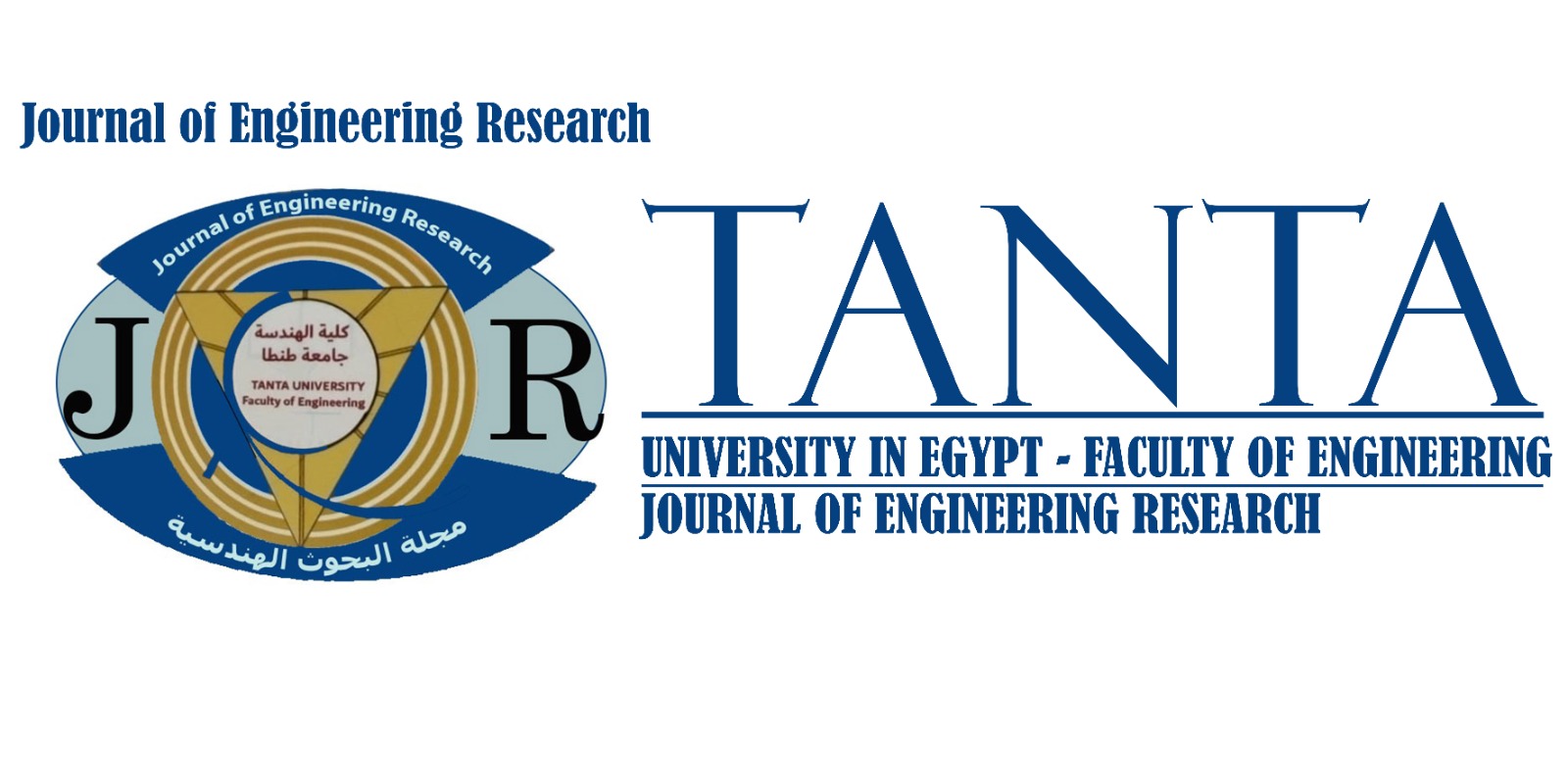Journal of Engineering Research

Abstract
This paper presents a linear, high-gain, and wideband up-conversion mixer suitable for millimeter-wave (mm-Wave) applications using 130 nm CMOS technology. The mixer is designed specifically for the K band, focusing on 24 GHz applications in 5G systems. The suggested up-conversion mixer comprises three stages: the input transconductance or intermediate frequency (IF) stage, the switching stage, and the output or radio frequency (RF) stage. The IF stage (transconductance stage) employs a complementary current reuse common gate technique through a dual capacitive cross-coupling (CCC) for improving the conversion gain (CG), and a source follower (SF) feedback to enhance the linearity. The IF stage achieves a wideband input matching without degradation in the gain or linearity and with a moderate DC power dissipation. The switching stage converts up the IF signal to RF one by applying a local oscillator (LO), while the RF stage incorporates inductive loads and an output transformer to obtain wideband output matching. The LO and output ports matching are designed by two new on-chip transformers. The HFSS software is used to design the on-chip transformers and inductors. To guarantee correct outcomes, S-parameter files (SNP files) of the designed on-chip components are extracted and added to the simulation tool. In the frequency range of 22 to 27 GHz, the mixer exhibits a CG of 1.65±0.6 dB at the LO power of 3 dBm. The maximum CG achieved is 2.25 dB at 24 GHz, and the output 1 dB compression point (Po1dB) is -0.82 dBm. The LO, second, and third harmonic suppressions are less than -50 dBc, -48 dBc, and -15 dBc, respectively. The mixer consumes a DC power of 10.8 mW from a 1.2 v supply with an active die area of 0.3 mm2.
Recommended Citation
Youssef, Mina Kamal; Abdelfattah, Marwa Mansour; Mansour, Hala Abdelqader; and Hekal, Sherif Sayed
(2024)
"Linear Up-Conversion Mixer based on Capacitive Cross Coupling and Source Follower Feedback for mm-Wave systems using 130nm CMOS,"
Journal of Engineering Research: Vol. 8:
Iss.
4, Article 7.
Available at:
https://digitalcommons.aaru.edu.jo/erjeng/vol8/iss4/7

